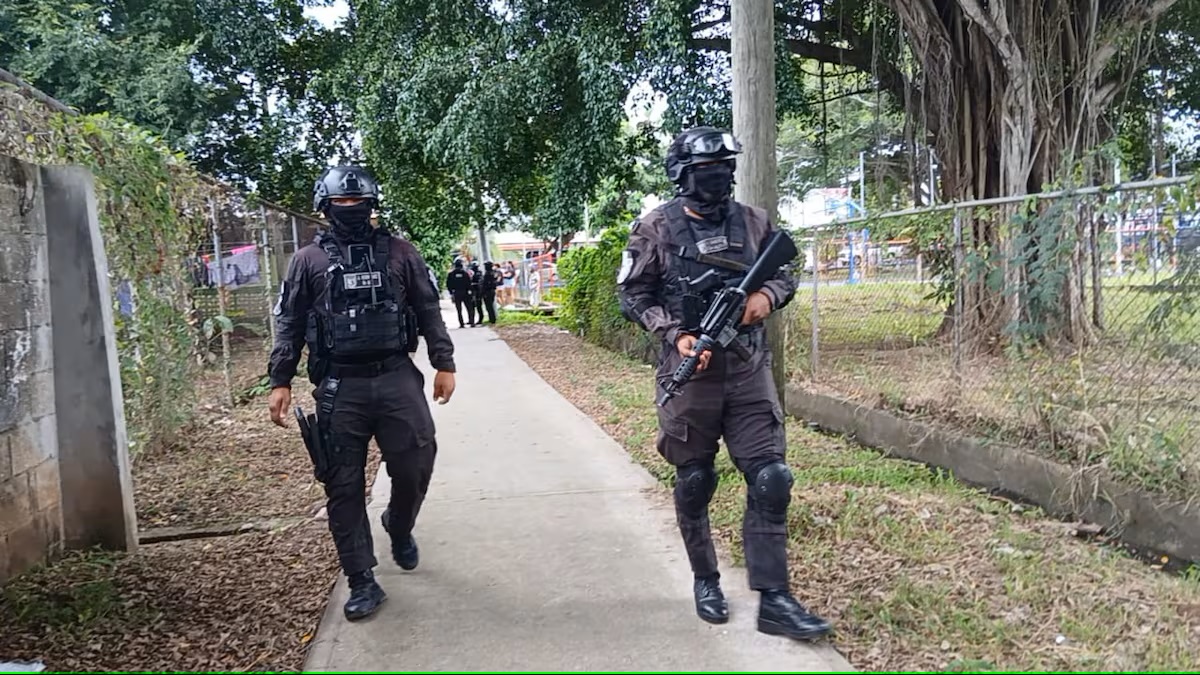Understanding the Private Investigation Industry

The private investigation industry is a realm often shrouded in mystery, capturing the imaginations of the public through films and novels. Yet, behind the noir aesthetics and dramatic narratives lies a complex field grounded in professionalism, ethics, and a diverse skill set.
The Role of Private Investigators
Private investigators (PIs) perform a range of tasks, often tailored to the specific needs of their clients. They are called to uncover the truth in various situations, from infidelity cases to corporate fraud. The investigative process typically involves gathering evidence, conducting interviews, and employing surveillance techniques. Beyond traditional methods, modern PIs often leverage technology, using databases and social media to enhance their findings.
One typical area where PIs offer substantial support is in legal cases. Solicitors often engage private investigators to provide evidence that might not be obtainable through standard channels. This partnership can be essential, as PIs can gather information efficiently, saving time and costs for law firms. In cases where emotional stakes are involved, such as child custody disputes, PIs work carefully to gather sensitive information without compromising the dignity of those involved.
The Need for Professionalism and Ethics
The ethical dimensions of private investigation cannot be overlooked. The industry operates under specific laws and regulations, and PIs must navigate these carefully. Clients often put their trust in investigators to handle sensitive information responsibly, which adds a layer of accountability to the profession.
Ethical practices can vary significantly across different regions, but they generally include respect for privacy, an obligation to disclose potential conflicts of interest, and a commitment to truthfulness in reporting findings. A qualified investigator, such as those found at National Private Investigators, adheres to these ethical standards while conducting investigations. Their trained professionals ensure that the methods employed are not just effective but also within legal bounds.
The Skills Required for Success
To thrive in the private investigation field, various skills are crucial. Effective communication is at the forefront. PIs must interview subjects and clients alike, requiring empathy and an understanding of human psychology. Investigators often delve into delicate situations where emotions run high, making the ability to handle interactions with care paramount.
Analytical skills are equally essential. PIs sift through information, identifying patterns and drawing conclusions from data that may initially appear unrelated. This process can involve spending hours examining financial records, social media activities, or other digital footprints to piece together a comprehensive narrative.
Technical proficiency in using surveillance technology and databases represents another critical skill area. Modern PIs must be comfortable operating various tools and software that facilitate investigations, enabling them to remain competitive in a rapidly evolving landscape.
The Education and Training Path
While there are no formal educational requirements universally accepted across the UK for becoming a private investigator, many successful PIs come from backgrounds in criminal justice, law enforcement, or the military. Certifications from recognised bodies can enhance credibility and demonstrate proficiency in essential skills.
Training typically focuses on various investigative techniques, ethics, and legal knowledge. Investing time in specialised courses can significantly bolster a prospective investigator’s skill set. Continuous education is also vital, as laws governing privacy and surveillance change frequently.
One effective way to acquire hands-on experience is through internships with established investigation firms. This route not only allows aspiring PIs to learn from seasoned experts but also provides networking opportunities that are crucial in this industry.
The Challenges of the Industry
Like many professions, private investigation comes with its challenges. The emotional weight of certain cases can be taxing. Investigators often navigate situations where clients expect definitive answers to difficult questions. The nature of many investigations can lead to incomplete data, requiring PIs to manage client expectations while ensuring transparency about what they can provide.
Additionally, the competitive landscape means that building a reputable practice takes time and effort. PIs must effectively market themselves while adhering to ethical standards, creating a delicate balance between visibility and credibility.
In recent years, there has been a notable increase in the use of technological tools—such as drones, smartphone applications, and advanced data analytics—in investigations. This advancement presents a double-edged sword: while it enhances capabilities, it also requires practitioners to stay informed about emerging technologies and the accompanying legal implications.
The Future of Private Investigation
The future of the private investigation industry remains promising, particularly as technology continues to evolve. Digital forensics and cyber investigations are becoming crucial as businesses face increasing cyber threats. This shift is expanding the traditional remit of PIs, presenting opportunities for practitioners willing to adapt and grow.
Collaboration also plays a significant role in shaping the future of the industry. More organisations are recognising the value that private investigators bring to the table, leading to partnerships that broaden the scope of investigative work. Whether working alongside lawyers, corporations, or even government bodies, the potential for PIs to play integral roles in varied contexts is expanding.
In conclusion, the private investigation industry combines art with science, relying on robust skills, ethical practices, and technological advancements to uncover the truth. As the landscape evolves, so too does the need for skilled investigators who can navigate its complexities. Understanding the nuances of this field not only helps demystify it for the public but also encourages potential investigators to engage in a profession that is both rewarding and critical in the quest for truth.





